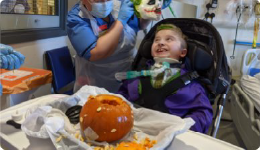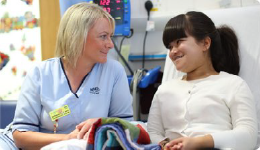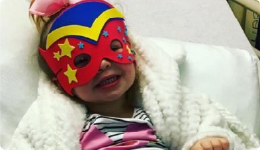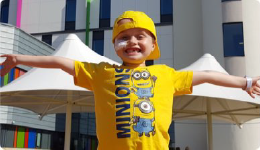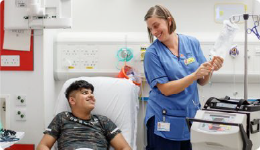Visit from Your Health Visitor
Your Health Visitor might visit you when your baby is 12 weeks old. You can find out more on Happy Healthy Tots.
12 Week Immunisations
Now is the time for your baby's next dose of immunisations. It is vital that your child receives protection against significant illnesses.
Remember to take your red book with you to the appointment.
Your child will receive their next dose of the following vaccines:
- The Six-in-one vaccine helps protect your baby against diphtheria, tetanus, pertussis (whooping cough), polio, Haemophilus influenzae type b (Hib) and hepatitis B (HepB).
- Rotavirus helps protect your baby against rotavirus.
- MenB helps protect your baby against meningococcal group B infection.
The immunisation pages of NHS Inform includes information on when and why you should immunise your child, and what to expect after immunisation.
Public Health Scotland have produced a Protect your child against serious diseases guide. This booklet is provided by your Health Visitor within the first two weeks of your baby being born and will help you over the next five years of your child’s own immunisation journey. This is also available in other languages.


 Every child grows and develops in their own time. If you are worried about your child's development then speak to your Health Visitor, Family Nurse or GP.
Every child grows and develops in their own time. If you are worried about your child's development then speak to your Health Visitor, Family Nurse or GP.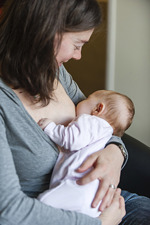
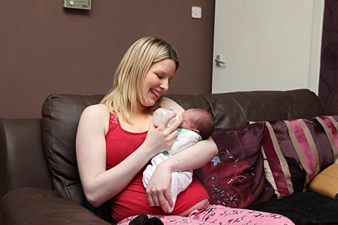
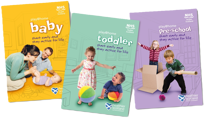 NHS Health Scotland has published three books to encourage parents to support their child's learning through play. These books also encourage you to get your child into good exercise habits.
NHS Health Scotland has published three books to encourage parents to support their child's learning through play. These books also encourage you to get your child into good exercise habits.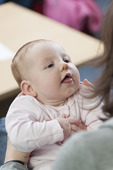 Your baby starts looking towards you when you speak to them.
Your baby starts looking towards you when you speak to them.


